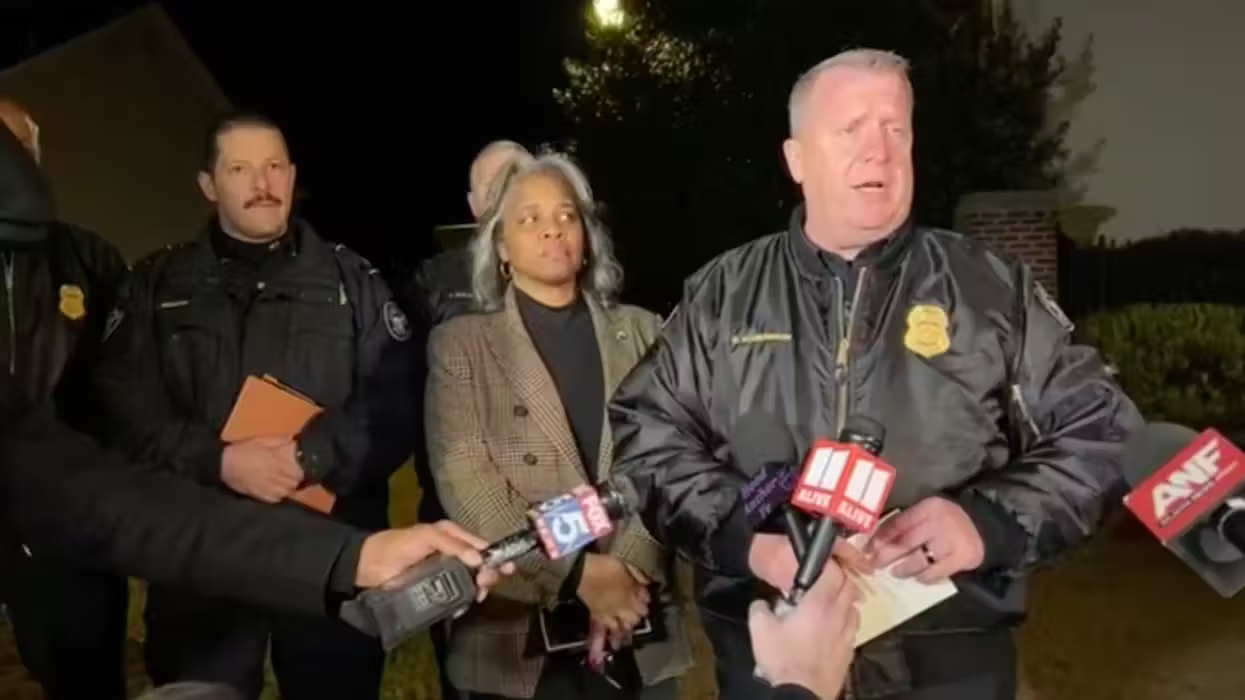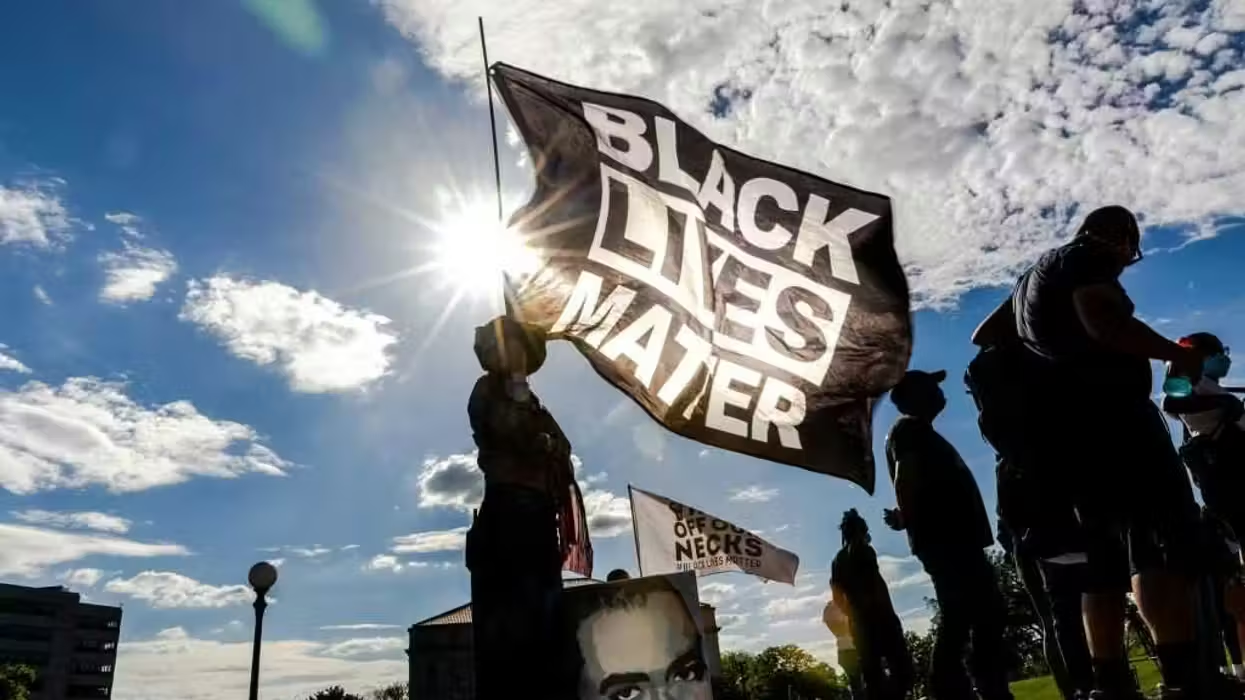The South Florida Sun Sentinel has endorsed a member of the Broward County School Board for re-election, even as that same board filed a legal motion against the Sun Sentinel for publishing publicly available information. The paper has not retracted that endorsement, even though this school board member has failed to stand up for the First Amendment.
The Broward County School Board filed a motion to hold the South Florida Sun Sentinel in contempt of court for printing information that it had unintentionally made public. The paper has filed a motion to dismiss these accusations, and 30 media outlets have rallied to the Sun Sentinel's defense.
What happened?
On May 30, the Sun-Sentinel Company, LLC, the parent company of the South Florida Sun Sentinel, joined with other media outlets in a public records request. They asked that the Broward County School District turn over certain records related to Nikolas Cruz, the alleged killer responsible for the massacre at Marjory Stoneman Douglas High School in Parkland, Florida.
On July 26, Broward Circuit Judge Elizabeth Scherer approved their request, but required the school board to redact certain pieces of information from the reports. The school had argued that failing to redact this information would violate Cruz's right to privacy.
On Aug. 3, the school board complied, publishing the records on its website. However, the board failed to properly redact the required information.
Reporters for the South Florida Sun Sentinel then downloaded the report and published the information in a news story, including the information that the court had required the school board to redact. These portions contradicted a news release that the school board posted at the same time, which claimed that the report showed that the school district had “provided significant and appropriate services” to Cruz during his time attending Marjory Stoneman Douglas.
On Aug. 6, the Broward County School Board emailed the Sun Sentinel, demanding that it remove the article. When the paper refused, the school board quickly filed a motion against the Sun-Sentinel Company for publishing this information. The Sun-Sentinel filed a counter suit, pointing out that the judge had not at any time ordered the paper not to print anything, and that the burden for any redactions lay solely with the school board.
In addition to the First Amendment, the newspaper contended that the school board may be violating a Florida law that prohibits so-called SLAPP lawsuits (Strategic Lawsuits Against Public Participation). In SLAPP lawsuits, “a party seeks to silence and punish another for exercising their First Amendment rights by initiating a meritless legal claim, forcing them to expend time and money defending that right (and potentially dissuading them from exercising it in the future).”
While Scherer has yet to decide whether or not to hold the Sun Sentinel in contempt of court, she did criticize the paper.
“You all manipulated that document so that it could be unredacted,” Scherer said, according to the Sun Sentinel's own reporting. “That is no different than had they given it to you in an old fashioned format, with black lines, and you found some type of a light that could view redacted portions and had printed that. It’s no different.”
The newspaper's lawyer pointed out that this imaginary scenario would also have been perfectly legal.
Was the report redacted at all?
The judge had ordered nearly two-thirds of the information in the report to be blacked out, and the report that the school board uploaded did appear to do this.
However, the way in which the school board altered the text allowed anyone who copied and pasted it into another file to easily un-redact the report and read the original in full.
What did the parts of the report say that were supposed to be redacted?
The redacted portions of the report revealed that the school district had failed to provide Cruz with school counseling or special education services during the 14 months before the shooting — despite him requesting this and it being required by law.
On Nove. 3, 2016, Marjory Stoneman Douglas gave Cruz the option of transferring to Cross Creek School, a special education school that he had previously attended at one point. When he refused, representatives from Cross Creek told him that his only option was to sign away his rights to any special education services. This was not the case. Legally, he was allowed to stay out the school, continue to use the services, and still refuse the transfer.
However, he signed the waiver and lost these services. The report also states that he was not even offered the amount of assistance at school that general education students had. Before he signed the waiver he was reportedly on track to graduate on time, but after losing those services this quickly became impossible.
Without this extra help, he began to fail his classes. In February 2017, the school board told him he had to leave and he withdrew from the school.
The report also found that when he attempted, after leaving Marjory Stoneman Douglas, to transfer to Cross Creek, that school, despite agreeing to accept him in November 2016, told his mother that they would have to evaluate his case, a process that would take six weeks.
Cruz went to a few other alternative public high schools, where he continued to struggle. He would murder 17 people at Marjory Stoneman Douglas High School on Feb. 14.
The Broward Schools Superintendent, Robert Runcie, insisted to the Sun Sentinel that the school had in no way been trying to hide this information.
“It should not be insinuated or suggested at all that we wanted to redact or hide portions from the public,” Runcie said.
Other journalists are rallying around the paper
On Tuesday, 30 media organizations including The Associated Press, Bloomberg, The Boston Globe, Fox Television Stations, Gannett, the LA Times, The New York Times, Politico, The Society of Professional Journalists, and The Washington Post have filed a motion requesting that the court throw out the school board's motion against the paper.
These media organizations pointed out that the Supreme Court had ruled in 1979's Smith v Daily Mail Pub. Co., that journalists could not be punished for publishing truthful information obtained legally unless the courts determined that there was a need of the “highest order,” a burden that would almost certainly not be met in this case.
The paper just endorsed a member of the school board that failed to stand up for free speech
On Aug. 6, the same day that the school board filed its motion against the paper, the Sun Sentinel endorsed incumbent Broward County School Board member Donna Korn. The paper criticized Korn's opponent, Ryan Petty, for his opposition to gun control legislation and for several past tweets. Petty's daughter was murdered during the Parkland massacre.
Politico, despite defending the Sun Sentinel in the joint legal motion against the school district, criticized the paper for choosing to endorse someone who had refused to stand up for its own First Amendment rights.
Korn also came under fire on Aug. 9 after she commented at a districtwide meeting that the district had an “amazing school year last year.”
The school board vote will be held on Aug. 28, with a potential runoff election on Nov. 6.







